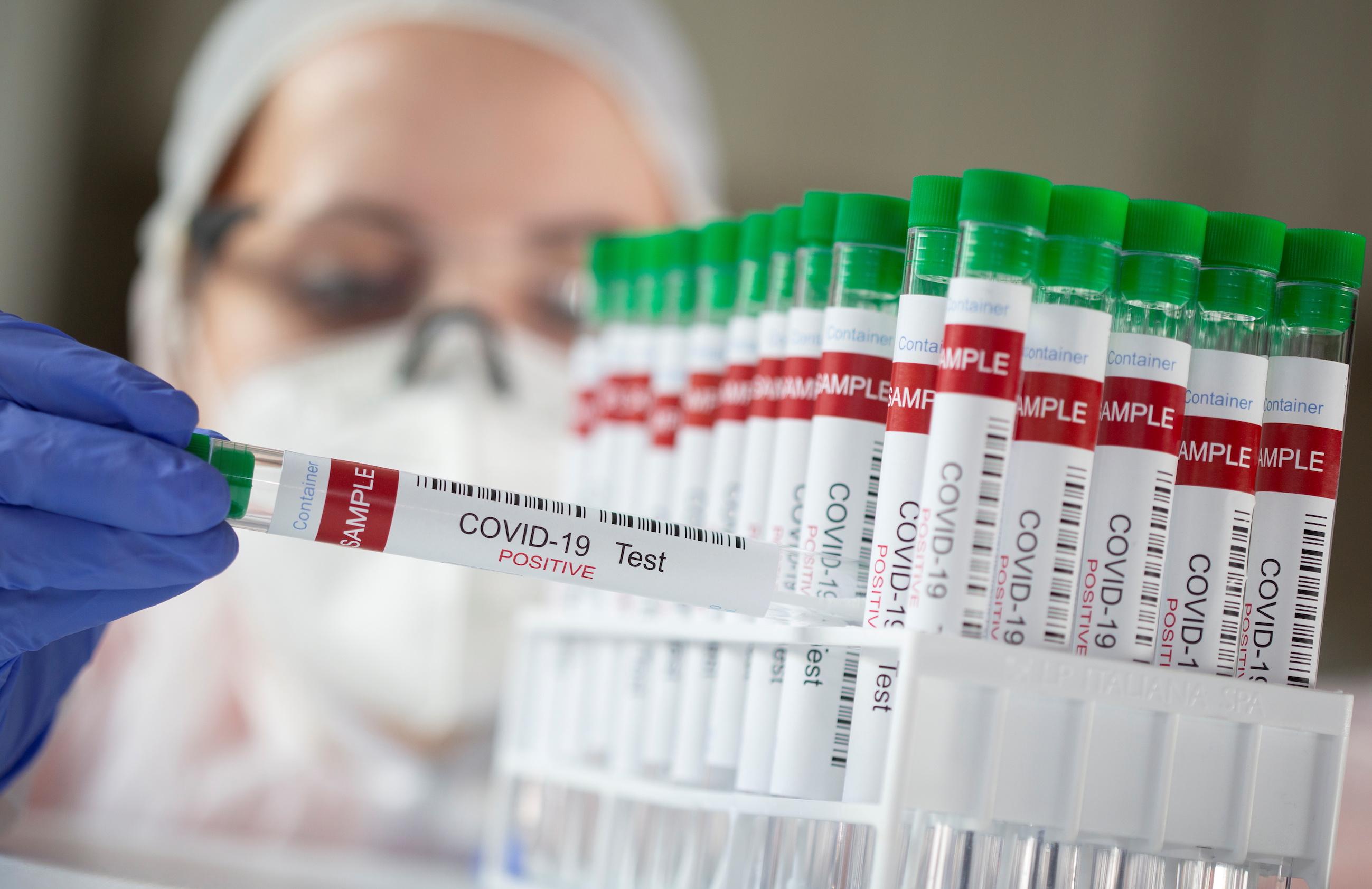'Killer T cells' provide early defense after mRNA vaccine; High 'breakthrough' infection rate in Massachusetts county

The following is a roundup of some of the latest scientific studies on the novel coronavirus and efforts to find treatments and vaccines for COVID-19.
'Killer T cells' provide early defense after mRNA vaccine
The moderate drop in COVID-19 risk seen after just one shot of a two-dose mRNA vaccine is not due to vaccine-induced antibodies but to immune cells called killer T cells, a new study showed.
At that point, the antibodies are still barely detectable, German researchers reported on Wednesday in the journal Nature.
They studied 32 volunteers who received the Pfizer/BioNTech vaccine, collecting blood samples before the first dose and every few days afterward for up to four months after the second dose.
"Seven to 10 days after the first dose ... killer T cells are already detectable in the blood," said study co-author Christoph Neumann-Haefelin of the University of Freiburg.
"These killer T cells are able to contain a SARS-CoV-2 infection by killing infected cells, and also by production of antiviral substances that suppress viral spread."
Neutralizing antibodies, which are likely the main players in preventing infection because they block the virus from invading cells, are produced in substantial amounts only after the second vaccine dose, Neumann-Haefelin said.
"Our results underscore the importance of complete vaccination with two doses of the mRNA vaccine for adequate protection against infection," Neumann-Haefelin added.
High 'breakthrough' infection rate in Massachusetts county
A study by the US Centers for Disease Control and Prevention and Massachusetts researchers showed that three-quarters of people who became infected with COVID-19 at public events in a Massachusetts town had been fully vaccinated.
The study, published in the CDC's Morbidity and Mortality Weekly Report on Friday, identified 469 people with COVID-19, of whom 74% were fully vaccinated, following large public events in Provincetown, on Cape Cod.
Testing identified the Delta variant in 90% of virus specimens from 133 people.
A separate CDC internal document, first reported by the Washington Post on Friday, described the Delta variant as being as transmissible as chickenpox and cautioned that it could cause severe disease.
On Tuesday, the CDC reversed course on guidance for wearing masks, calling for their use in areas where cases are surging as a precaution against the possible transmission of the virus by fully vaccinated people.
The new study's authors recommended that local health authorities consider requiring masks in indoor public settings regardless of vaccination status or the number of coronavirus cases in the community. -- Reuters




